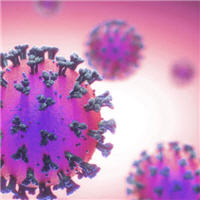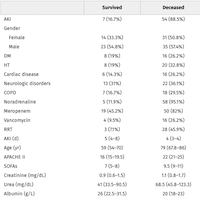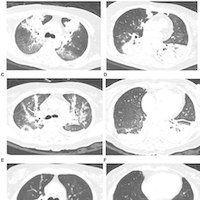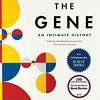Effect of Human Recombinant Alkaline Phosphatase on 7-Day Creatinine Clearance in Patients With Sepsis-Associated AKI
jamanetwork.com
In this randomized, double-blind, placebo-controlled, dose-finding adaptive phase 2a/2b trial enrolling 301 adults, the optimal therapeutic dose of recombinant alkaline phosphatase was 1.6 mg/kg. Treatment with this dose for 3 days when added to standard care resulted in a median increase in endogenous creatinine clearance of 27.6 mL/min vs 14.7 mL/min for placebo in the first 7 days, a difference that was not statistically significant. Among patients who were critically ill with sepsis-associated acute kidney injury (AKI), treatment with human recombinant alkaline phosphatase did not improve kidney function in the first week of treatment. Overall, 301 patients were enrolled (men, 70.7%; median age, 67 years [interquartile range {IQR}, 59-73]). From day 1 to day 7, median ECC increased from 26.0 mL/min (IQR, 8.8 to 59.5) to 65.4 mL/min (IQR, 26.7 to 115.4) in the recombinant alkaline phosphatase 1.6-mg/kg group vs from 35.9 mL/min (IQR, 12.2 to 82.9) to 61.9 mL/min (IQR, 22.7 to 115.2) in the placebo group (absolute difference, 9.5 mL/min [95% CI, −23.9 to 25.5]; P = .47).















